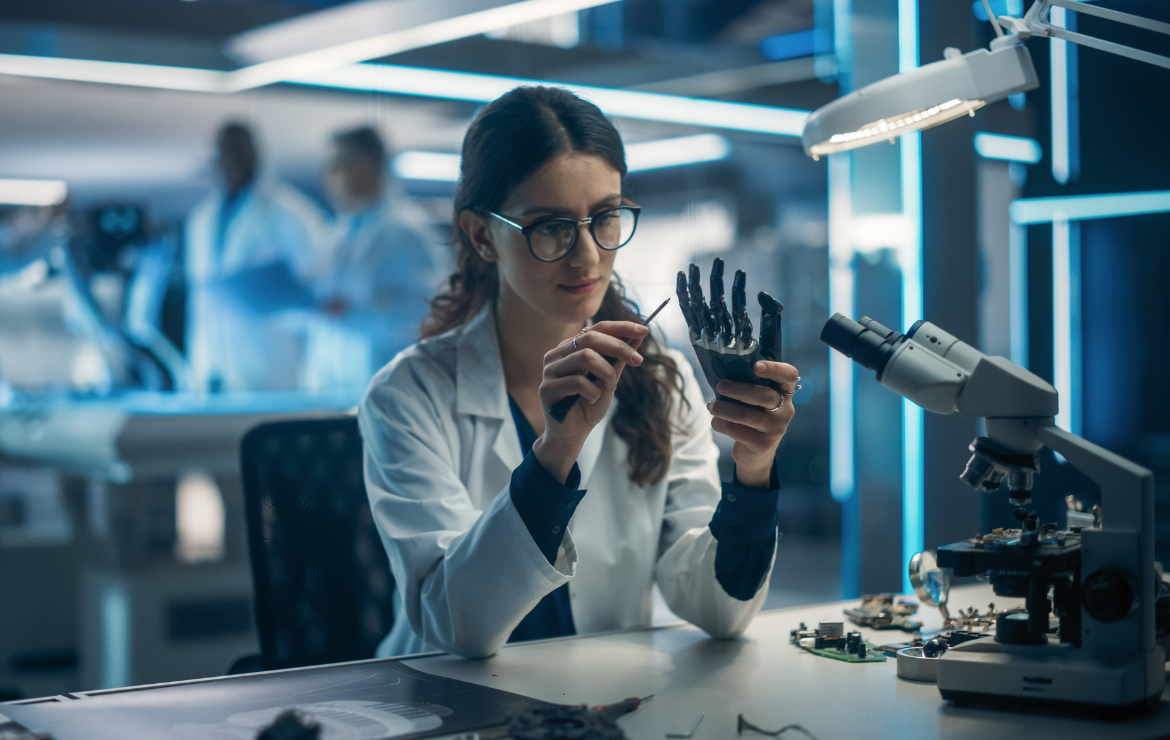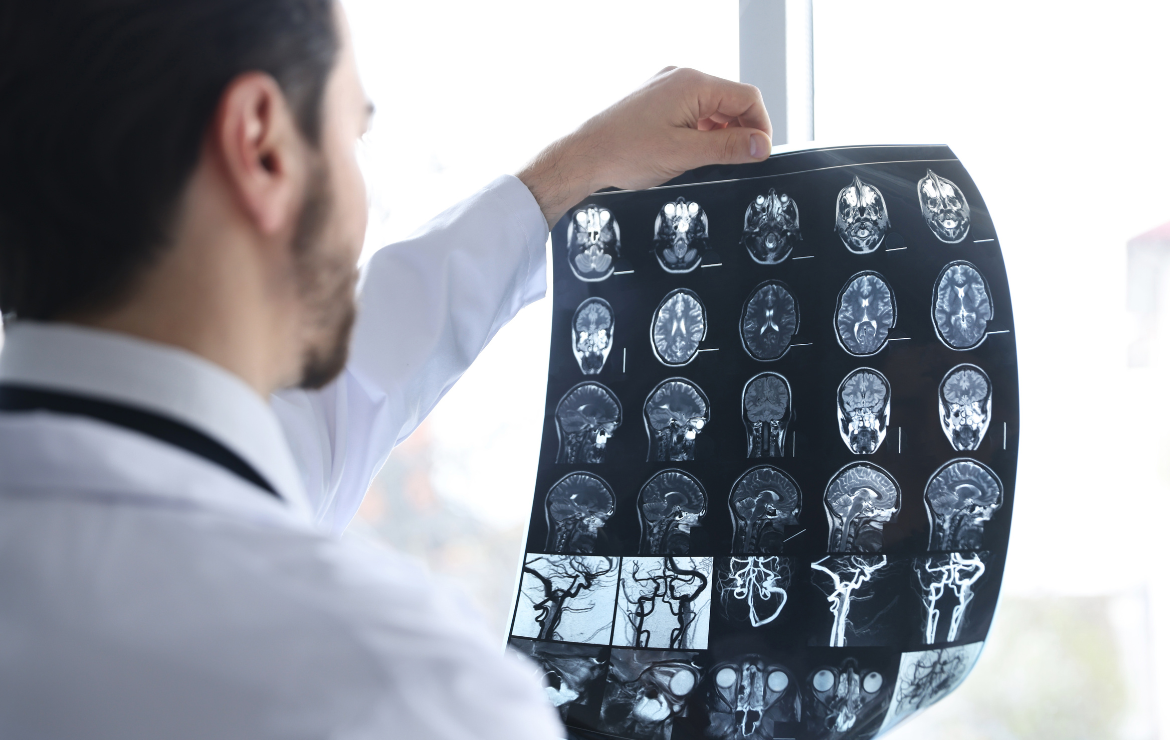AI on the Move: Transforming Care One Innovation at a Time

The workers’ compensation industry stands at the crossroads of technology and humanity. The next wave of innovation is no longer on the horizon — it’s here. Artificial intelligence (AI), smart mobility, and autonomous transportation are reshaping how we think about recovery, accessibility, and the injured worker’s experience.
Nowhere is this transformation more visible than in the evolution of disability products and autonomous vehicles — two areas poised to redefine the meaning of independence and care coordination.
AI-Powered Disability Products: Restoring Independence
Once limited to basic mechanical function, modern disability products are now infused with AI and machine learning, turning passive devices into intelligent extensions of the human body.
Today’s prosthetics can predict motion, adapt to walking surfaces, and learn user behavior in real time. Smart wheelchairs use sensors and AI navigation to avoid obstacles and adjust positioning for optimal comfort and posture. Even voice-assisted tools now allow nonverbal or mobility-challenged individuals to communicate through technology, bridging a once-insurmountable gap between injury and independence.
For case managers and adjusters, these advancements mean shorter recovery timelines, improved morale, and better functional outcomes. AI-powered products are also making home modifications more adaptive, allowing patients to regain mobility sooner and maintain a higher quality of life — while reducing overall claim costs.
Autonomous Transportation: Changing the Journey of Care
Transportation has long been a cornerstone of the workers’ comp process — but one often plagued by inefficiencies. Missed rides, scheduling gaps, and accessibility issues can delay treatment and drive up costs.
Enter autonomous transportation.
Self-driving shuttles and AI-coordinated ride networks are being tested to safely and efficiently transport injured workers to appointments, therapy sessions, and home evaluations. These systems use real-time data, predictive routing, and safety algorithms to provide a smoother, more reliable experience — one where every trip is tracked, verified, and optimized.
For vendors and carriers, automation means transparency, consistency, and compliance. For injured workers, it’s about dignity and independence — removing the barriers that once stood between injury and recovery.
A Connected Future for Claims
Imagine this:
A worker fitted with an AI-powered prosthetic leg schedules their next appointment through a digital platform. The autonomous transport arrives on time, recognizes accessibility needs, and sends real-time updates to the adjuster and nurse case manager. Meanwhile, predictive analytics identify early indicators of delayed healing, prompting the vendor to recommend proactive care.
That’s not science fiction — it’s tomorrow’s workers’ compensation, powered by smart data, automation, and human care.
Join Our CEU Webinar
Explore how AI, disability products, and autonomous transportation are transforming the future of recovery and claims management.
Upcoming CEU Webinar: Tomorrow’s Tools, Today’s Claims: Understanding AI and Autonomous Care
Topics include:
- The rise of AI in disability product innovation
- How autonomous transportation will reshape access to care
- The evolving roles of vendors, adjusters, and nurse case managers
- Real-world use cases and what’s next for the industry
Join us as we look ahead to a smarter, more connected, and more compassionate future of workers’ compensation.
Register Today! https://www.mtiamerica.com/tomorrows-tools-todays-claims-understanding-ai-and-autonomous-care/











